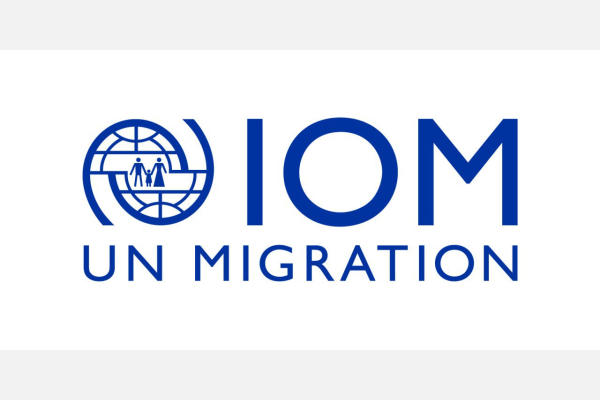Repository of Practices

Bangladesh Migration Crisis Operational Framework
Dates
Type of practice
Summary
With the objective of strengthening the mechanisms for assisting its nationals in countries experiencing disasters, the Government of Bangladesh (GoB) initiated the preparation of the Bangladesh Migration Crisis Operational Framework (MCOF). This initiative is being implemented by IOM and is funded by the European Union under the project titled “Sustainable Reintegration and Improved Migration Governance” (Prottasha) project. The framework document proposes key pillars on which to anchor Bangladesh’s approach in providing assistance to its nationals in countries experiencing emergencies caused by human-made and natural disasters. Based on consultative data-gathering exercise, the framework document proposes recommendations for implementation, and highlights key challenges in ensuring successful interventions to assist migrants in emergencies abroad.
Organizations
Main Implementing Organization(s)
Benefit and Impact
While the operationalization of MCOF is still at a nascent stage, it has been acknowledged that the framework contains key recommendations on policy, coordination, operational, consular preparation of emergency plans, suggested good practices for helping during crises, return and reintegration assistance and the involvement of migrants in planning and providing information and assistance during crises. A Policy brief was also developed to see the impact of COVID-19 on GCM (and also MiGOF and MCOF) noting the relevance of this as a tool for protecting the human rights, safety, and wellbeing of migrants, including through addressing drivers and mitigating situations of vulnerability in migration. We also see this as a basis for future programming to support the GoB in various interventions. Several orientation sessions have been conducted focusing on mechanisms to address crisis including sessions with labour welfare diplomats.
The draft National Action Plan for GCM has also identified ‘Objective 2: Minimize the adverse drivers and structural factors that compel people to leave their country of origin’ and ‘Objective 7: Address and reduce vulnerabilities in migration’ as a priority and proposes to operationalize the Bangladesh MCOF. We hope this will further be validated through the proposed inter-ministerial coordination mechanism for GCM (titled Bangladesh Migration Compact Taskforce).
Key Lessons
The IOM Migration Crisis Operational Framework was developed at the request of IOM Member States, pursuant to their growing interest in the migration consequences of crisis situations. In November 2012, IOM’s 149 Member States approved the MCOF by consensus through a resolution of the IOM Council. The Operational Framework allows IOM to improve and systematize the way in which the Organization supports its Member States and partners to better respond to the assistance and protection needs of crisis-affected populations.
Additional Resources
Date submitted:
Disclaimer: The content of this practice reflects the views of the implementers and does not necessarily reflect the views of the United Nations, the United Nations Network on Migration, and its members.
More Related Practices:
- Strengthening the capacities and frameworks to collect data and evidence on migration, the environment and climate change (MECC) in Mexico
- IOM Engages Youth on Benefits of Migration at the 13th African Games in Accra, Ghana
- CLIMB Database
- Seguro Integral de Salud (SIS) – Protección financiera en Salud para peruanos y extranjeros residentes en el Perú
- Instituto Nacional Penitenciario | “Interno Universitario y Estudiando sin Fronteras”
Peer Reviewer Feedback:
*References to Kosovo shall be understood to be in the context of United Nations Security Council resolution 1244 (1999).
Newsletter
Subscribe to our newsletter.